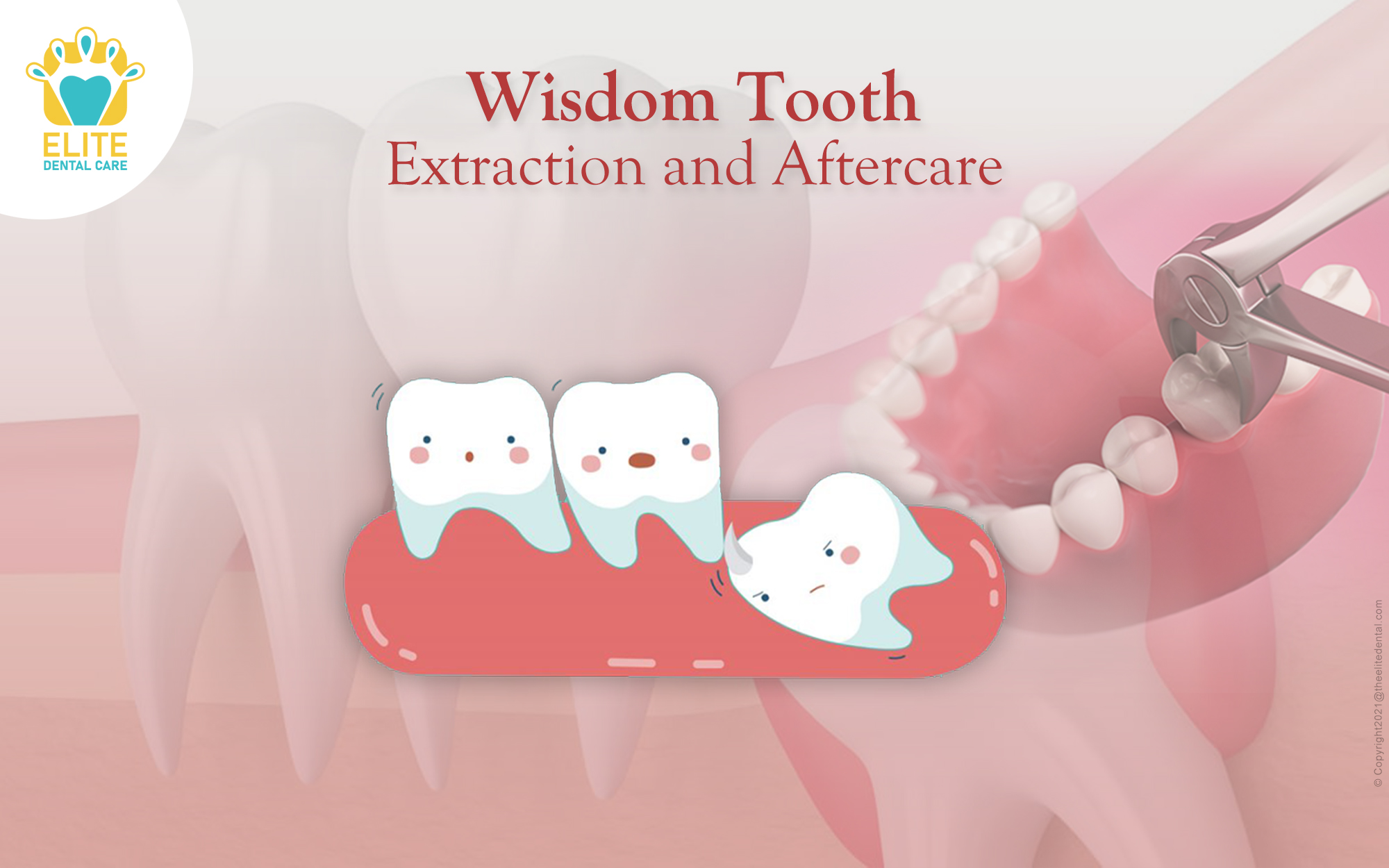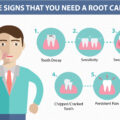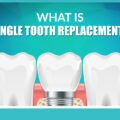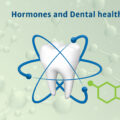
Root Canal TreatmentTooth Extraction
edental
28 December 2021
Wisdom Tooth Extraction & Aftercare: Everything You Need to Know!
Wisdom tooth extraction is a surgical procedure that involves the removal of one or more of your wisdom teeth, which are the four permanent adult teeth positioned at the top and bottom of your mouth.
Rinsing, spitting, hot drinks, and anything else that might remove the blood clots that develop in the open tooth socket should be avoided for 24 hours.
If a wisdom tooth does not have enough capacity to develop (impacted wisdom tooth), causing discomfort, infection, or other dental issues, it will most likely need to be extracted. A dentist or an oral surgeon only can perform wisdom tooth extraction.
Even if impacted teeth aren’t currently causing issues, some dentists and oral surgeons advocate wisdom tooth evacuation to avoid potential future complications.
What Are Wisdom Teeth?
Wisdom teeth, also known as third molars, are the final set of adult teeth that so many people have by their late teens or early twenties (i.e., between the ages 17 and 25). Around 65 percent of adults have wisdom teeth, and 85 percent of them require extraction treatment. Wisdom teeth do not form in some persons, while in others, they create no issues at all.
Wisdom teeth can occasionally erupt at an angle or become caught and only partially emerge due to a lack of space. Wisdom teeth that grow through in this manner are referred to as impacted. Visit this page for more info.
How much time does it take to heal from a wisdom tooth extraction?
One of the most popular dental procedures is wisdom tooth extraction. It might take up to two weeks to fully heal from wisdom tooth removal. Taking adequate care of the wound might assist a person in healing as rapidly as feasible.
Wisdom teeth are big teeth that emerge from the rear of the mouth. The majority of people have their wisdom teeth between the ages of 17 and 25. Some people may never have any wisdom teeth emerge.
Sometimes there is insufficient space in the mouth for wisdom tooth to shift into the proper place. It may burst through the gums at an angle or perhaps partly. When this happens, the tooth is referred to as impacted wisdom tooth, and they can cause complications such as discomfort or infection.
The time it takes to extract a wisdom tooth is determined by the tooth and the severity of the surgery. For more info check this website.
Common Issues Post Wisdom Tooth Extraction:
- A swollen mouth and cheeks – this will be severe in the first few days but will progressively improve; gently placing a cool towel against your face helps minimize swelling.
- Some apparent bruising on your cheek – the skin may be injured for up to two weeks.
- A stiff, aching jaw – this should go away after 7 to 10 days.
- Pain – this would be increased if the extraction was painful or left a bad taste in your mouth.
- Stinging or numbness on the face, lips, or tongue.
Self-care tips:
It may be effective to: relieve pain and assist healing by:
- Use pain killers like paracetamol or ibuprofen (ask your dentist) – there is some proof that ibuprofen is the best pain killer to have post wisdom tooth extraction.
- At night, use an additional cushion to support your head.
- For the next few days, eat soft or watery foods and chew using your other teeth.
- For the next few days, avoid intense activities and workout.
- For the next 24 hours, refrain from smoking and consuming alcohol.
Aftercare for Wisdom Tooth Extraction: Dos and Don’ts
Dos:
- Relax. Take it easy over the following several days. However, this does not imply that you must be fully bedridden.
- Raise your head. This will reduce the amount of puffiness on your face.
- For the first 24-48 hours following extraction, apply an ice pack. Icing will relieve your discomfort and reduce swelling. Use the ice packs for 15 minutes on and 15 minutes off for 1-2 hours.
- Take a bite out of your cotton gauze. The pressure will help in the stoppage of the bleeding.
- Maintain a clean environment. Once a day, rinse with a salt-water solution.
- Perform jaw exercises by opening and closing your mouth gently. However, you should not do this shortly following your extraction.
- Take your medications exactly as directed. If you miss a dose, it will be hard to relieve the pain afterwards.
- Brush your teeth firmly. Brush your teeth starting the second day after treatment. However, do not brush the extraction place of the wisdom teeth.
Don’ts:
- Straws should be avoided. Don’t suck, spit, smoke, or drink alcohol. Eliminating them aids in the maintenance of the blood clot that develops over the extraction point. If the clot is released, you may have further bleeding and pain. And a possible side effect known as dry sockets will emerge.
- Don’t eat, drink, or talk for at least an hour following your procedure.
- Avoid eating solid meals. For at least a week, avoid popcorn, potato chips, and other solid or crunchy foods. Avoid hot or fizzy drinks, spicy meals, sodas, and so on. Dentists recommend that you eat solid foods only after 4-5 hours following extraction.
- Never, ever take aspirin. It is a blood thinner that slows the development of clots.
- After the first 48 hours following your wisdom teeth extraction, you should stop icing. Rather, on your extraction area, use hot water. It will relieve your discomfort and aid recovery.
- Don’t stick your tongue, finger, tissue, or toothpick into the space that’s made. It may cause your recovery to be slowed. As a result, it may cause bleeding and result in dry socket.
- Don’t swish your mouth around too much. The pressure might break the blood clot, causing difficulties.
While recovering from wisdom tooth extraction can be unpleasant, by taking the correct actions, you can make this time much more bearable. We hope that following suggestions may be helpful to you after your treatment.




